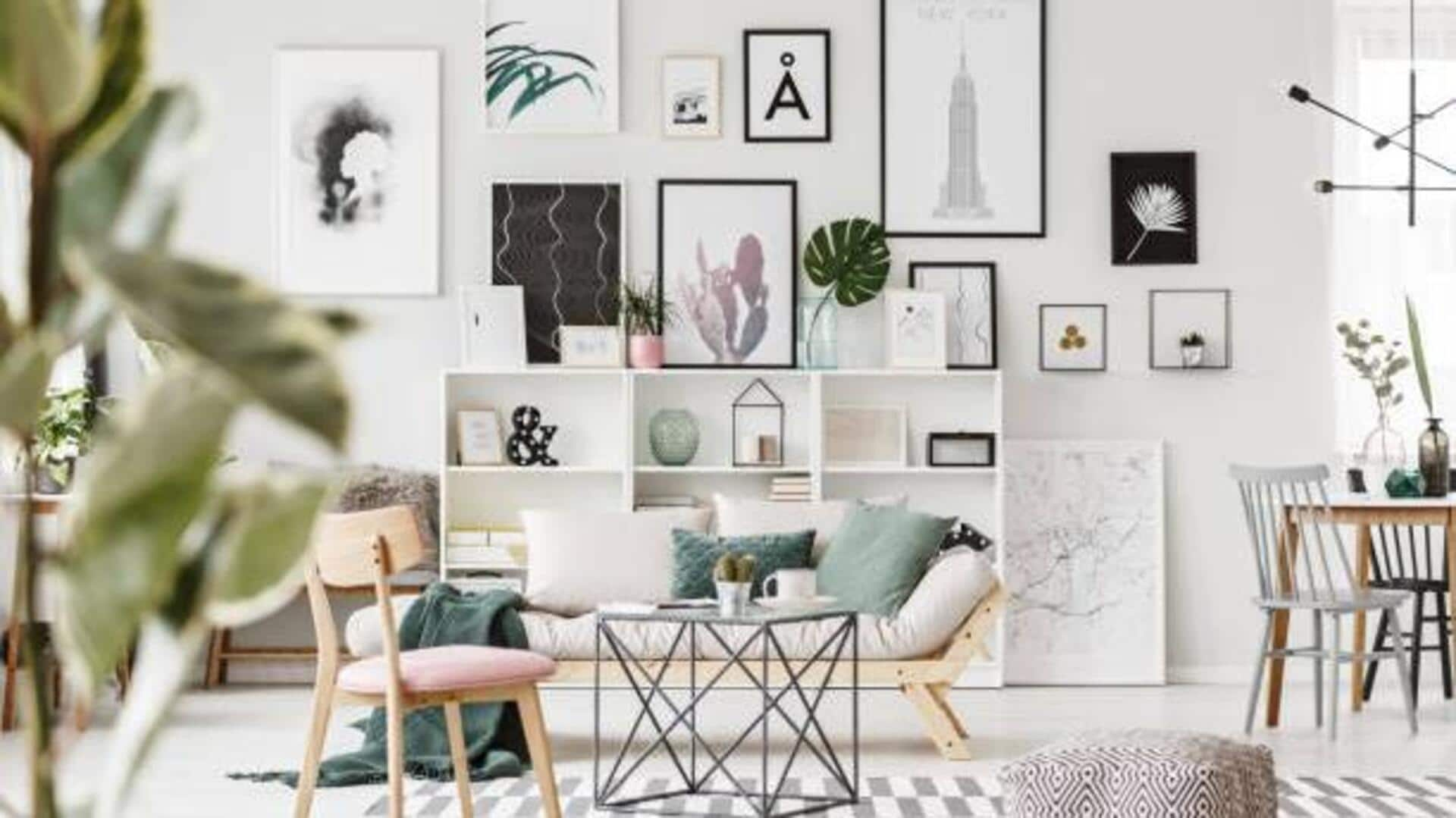
Spruce up your living space with geometric designs
What's the story
African geometric designs are taking the world of home decor by storm, thanks to their unique blend of tradition and modernity. These patterns, which are rooted in Africa's rich cultural heritage, are making waves in contemporary interiors. With their bold lines and intricate shapes, African geometric designs offer a fresh take on home styling. Here's how these timeless patterns can be used to spruce up your living spaces.
#1
Bold patterns for impact
African geometric designs are known for their bold patterns that can instantly make any room more dynamic. These patterns usually feature sharp angles and repetitive motifs that draw attention and create a sense of movement. Using such designs as accent walls or focal points can add depth to your decor. This approach makes spaces more visually interesting without overwhelming them.
#2
Versatile applications in decor
The versatility of African geometric designs makes them ideal for various applications in home decor. From textiles like rugs and cushions to wall art and furniture pieces, these patterns can be incorporated in numerous ways. This adaptability allows homeowners to experiment with different elements while maintaining a cohesive aesthetic that reflects their personal style.
#3
Cultural significance adds value
Incorporating African geometric designs into home decor also adds cultural significance to your space. These patterns often tell stories or symbolize important aspects of African life and history. By integrating these elements into your home, you not only enhance its visual appeal but also pay homage to the rich cultural heritage behind each design.
#4
Balancing tradition with modernity
One of the best things about African geometric designs is that they seamlessly blend traditional artistry with modern sensibilities. This balance allows homeowners to enjoy the best of both worlds—appreciating the historical context of these patterns while still fitting them into contemporary lifestyles. The result is a harmonious blend that respects tradition yet embraces modernity.